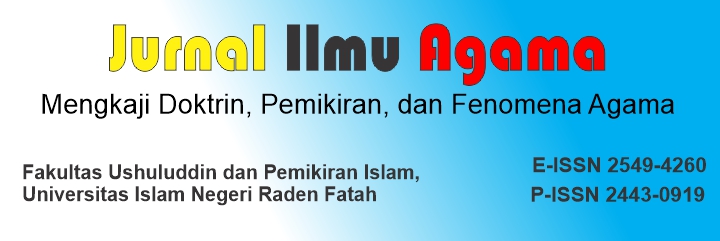UJARAN KEBENCIAN DALAM PERSPEKTIF AGAMA ISLAM DAN AGAMA BUDDHA
Main Article Content
Abstract
Religion was born as a response to human life which deviated from the nature of humanity, as well as Islam and Buddhism. Speech of hatred is an act that deviates from the teachings of religion. Speech of hatred according to Islam is despicable morality (akhlak madzmumah) which is contrary to the commands of Allah SWT, because the utterances of hatred are bad words or sayings in which consists hurting factor to the others. While the utterances of hatred according to Buddhism are included in the false speech which violates the 4th precept, namely musavvada veramani sikkhapada samadiyami and violates the rules of Buddhist morality. Speech of hatred is forbidden in Islam and Buddhism because it will cause the culprit to go to hell. Islam emphasizes the prohibition of utterance of hatred compared to Buddhism because it is clearly punished by Allah SWT and consider to be big sin while in Buddhism it is not to be really emphasized because in Buddhism legal karma is better known.
Article Details
Authors who publish with this journal agree to the following terms:
- Authors retain copyright and grant the journal right of first publication with the work simultaneously licensed under a Creative Commons Attribution 4.0 International License that allows others to share the work with an acknowledgement of the work's authorship and initial publication in this journal.
- Authors are able to enter into separate, additional contractual arrangements for the non-exclusive distribution of the journal's published version of the work (e.g., post it to an institutional repository or publish it in a book), with an acknowledgement of its initial publication in this journal.
- Authors are permitted and encouraged to post their work online (e.g., in institutional repositories or on their website) prior to and during the submission process, as it can lead to productive exchanges, as well as earlier and greater citation of published work.

